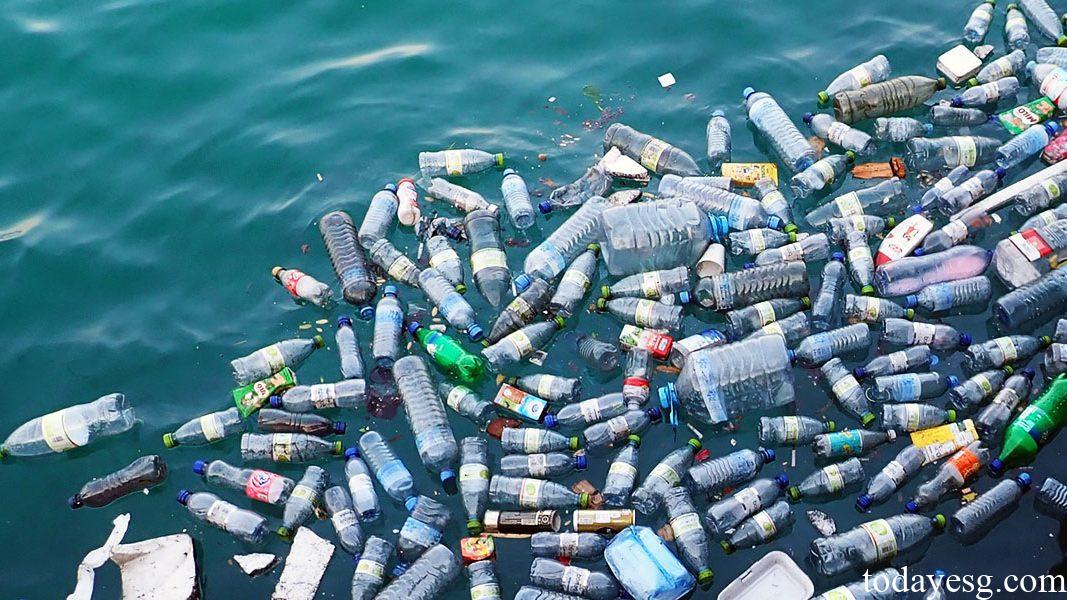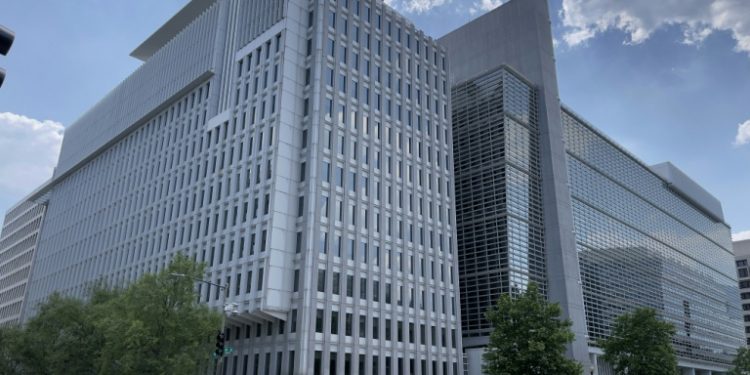Plastic Waste Reduction-Linked Bond
The World Bank releases the world’s first Plastic Waste Reduction-Linked Bond, which aims to provide financial support for the reduction and recycling of plastic waste.
The bonds issued this time will provide investors with Plastic Waste Collection Credits and Plastic Waste Recycling Credits as well as Voluntary Carbon Units and reduce the return of plastic waste to nature.
Related Post: World Bank’s Issuance Volume Based on Sustainable Bond Framework Hits Record

Information about Plastic Waste Reduction-Linked Bond
The plastic waste reduction-linked bond issued this time is a 7-year US$100 million principal protected bond. The funds will be invested in plastic waste collection and recycling projects in Ghana and Indonesia and will create plastic credit and carbon credit. Investors will receive a fixed interest rate, but the rate is lower than other bonds issued by the World Bank. The interest rate difference between the two will be used to support plastic waste projects. If the plastic waste project goes well, investors will receive a monetized number of plastic credits and carbon credits, and the final yield will be higher than other bonds issued by the World Bank.
The plastic waste reduction-linked bond will be listed on the Luxembourg Exchange and issued at face value. The minimum yield investors receive is 1.75%. Investors will not receive plastic credits or carbon credits, but they will receive interest linked to them. Regardless of whether the project progresses smoothly or not, investors can receive the full principal and guarantee a minimum return of 1.75%. The World Bank has signed a forward flow agreement (FFA) with Citi. The World Bank provides project funds to Citi, and Citi provides the sale value of plastic credits and carbon credits. Plastic credits and carbon credits will be sold to international carbon credit organization Verra.
The two projects invested in this bond are a Ghanaian community plastic waste collection and recycling project and an Indonesian coastal community plastic waste collection and recycling project. Both projects have a proven operating record over the past three years and plans to expand capacity over the next three to five years to continue to have a positive impact on the environment. By securitizing the revenue from plastic credits and carbon credits, these projects can raise funds from capital markets.
Reference:
World Bank’s New Outcome Bond Helps Communities Remove and Recycle Plastic Waste
ESG Advertisements Contact:todayesg@gmail.com








